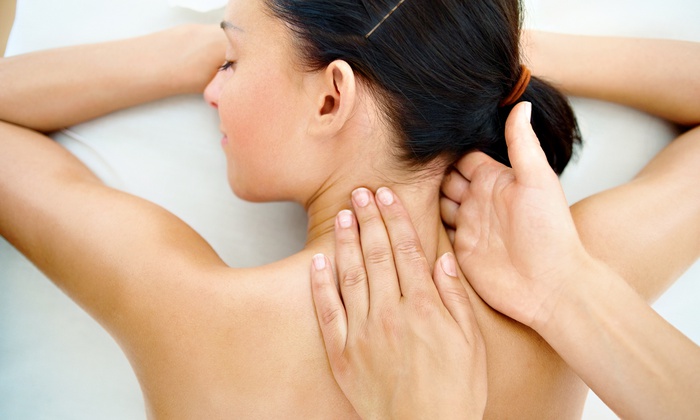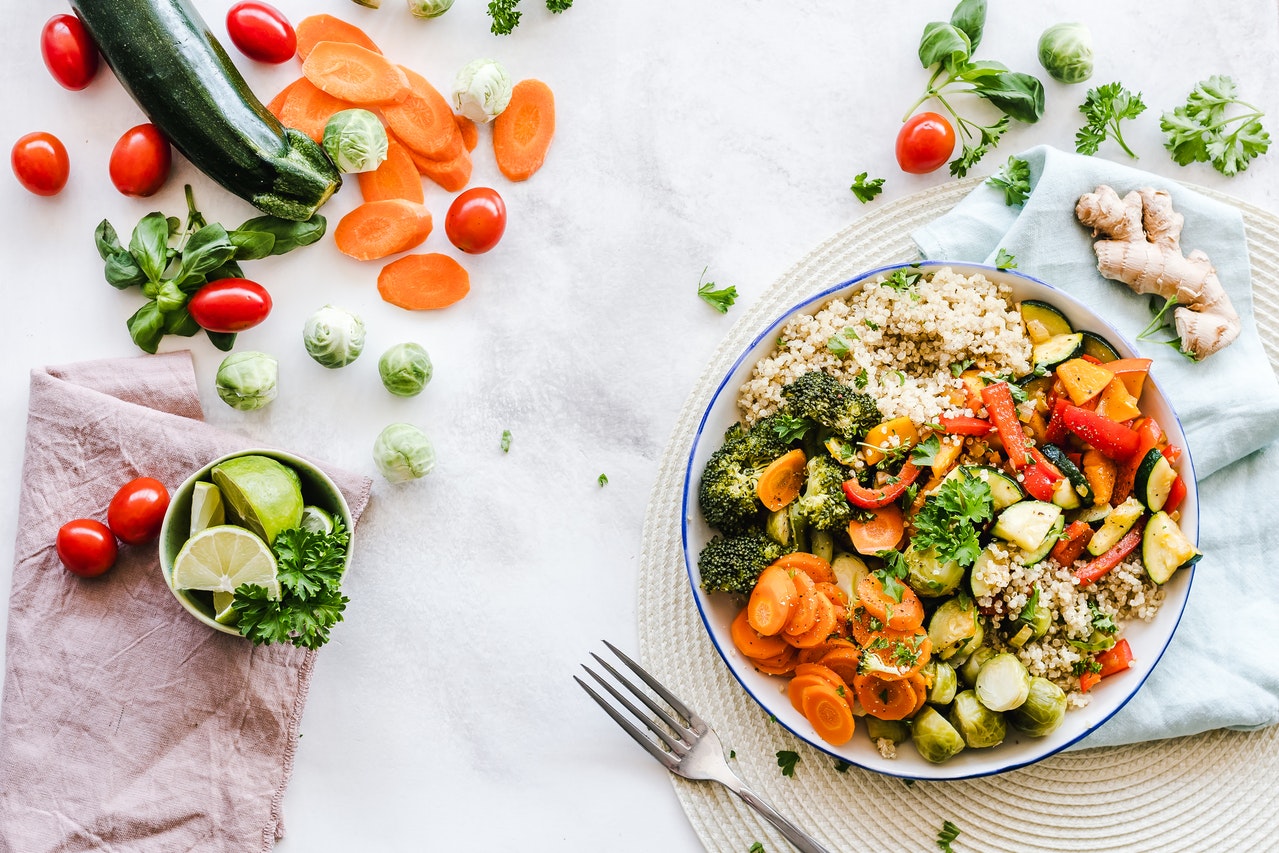Chinese medicine is an ancient tradition three thousand years in the making. It is most commonly identified with herbal remedies, qigong, and bodywork treatments like acupuncture. Perhaps less familiar but equally effective as its Chinese medicine counterparts is the art of Tui-na massage.
Meaning “to push and to grab,” this form of therapeutic deep-tissue work brings stimulation to the muscles, promotes circulation, and incorporates both principles of Taoism and the martial arts. It provides an array of benefits including relief for acute and chronic musculoskeletal conditions, other non-musculoskeletal ailments, and is specially noted for its positive effects during pregnancy.
Chinese prenatal massage is a powerful alternative to prescription drugs during those less than comfortable moments that are inevitable throughout the course of a woman’s pregnancy. Because of dramatic hormonal changes and the demands of the ever-growing baby, mothers-to-be are likely to experience lower back pain, swelling, water retention, stress, emotional tension, exhaustion, increased blood pressure, and digestive woes. Some stresses are so intense that they may even make for a dangerous, difficult delivery for both mother and child.
Chinese prenatal massage addresses these hormone shifts and delivers amazing relief and benefits with frequent treatments. Much more profound than day to day massage, Tui-na practitioners use different techniques such as brushing, kneading, rolling, pressing, and rubbing areas between the joints, but never on the spine. Focus on these eight specific points along a person’s Chakra Pathway system, known as the eight gates, opens and pushes energy through chi pathways, or meridians, that run through the body.
Women who introduced prenatal massage into their routine saw decreased levels of stress hormones like epinephrine and cortisol and increased feel-good hormones like serotonin resulting in mood elevation and reduced depression. Due to increased blood and lymph circulation, swelling diminished, blood pressured lowered, and energy boosted, resulting in a much more pleasant, relaxing nine months.
Advantages don’t stop after gestation either. Prenatal massage establishes a peaceful setting for the baby and helps mom remain relaxed and more in touch with her breathing which will ease the strains (and infamous pains) of labor when that blessed day arrives. Further, studies show that Chinese prenatal and postnatal massage wards off post-partum depression, helps shrink the uterus back into place, heal scar tissue, and lose that stubborn baby weight.
Infants, of course, profit from this therapeutic practice as well. Newborns whose mothers have received therapeutic massage usually have higher birth weights, are generally happier and healthier, sleep through the night, and cry less which is something everyone in the family can smile about.
From womb to the magical day you bring your child home for the very first time, Tui-na makes the miracle of birth all the more enjoyable. Women in any stage of pregnancy can start and maintain a prenatal massage regimen though some may caution against utilizing any massage practice during the first trimester. Seek out the capable services of an experienced practitioner familiar with the needs of expectant mothers in each, varied term. Care should be thoughtful, gentle, and catered to you during one of the most extraordinary times of your life.
Vivian Han is a health and wellness consultant in Singapore specializing in massage, diet and nutrition.





